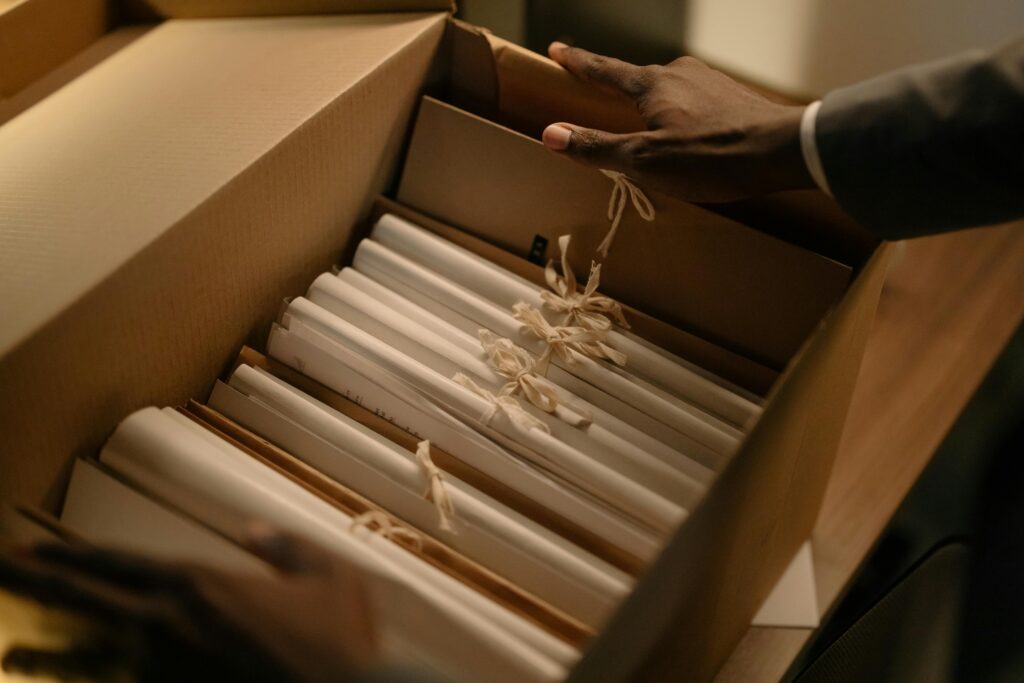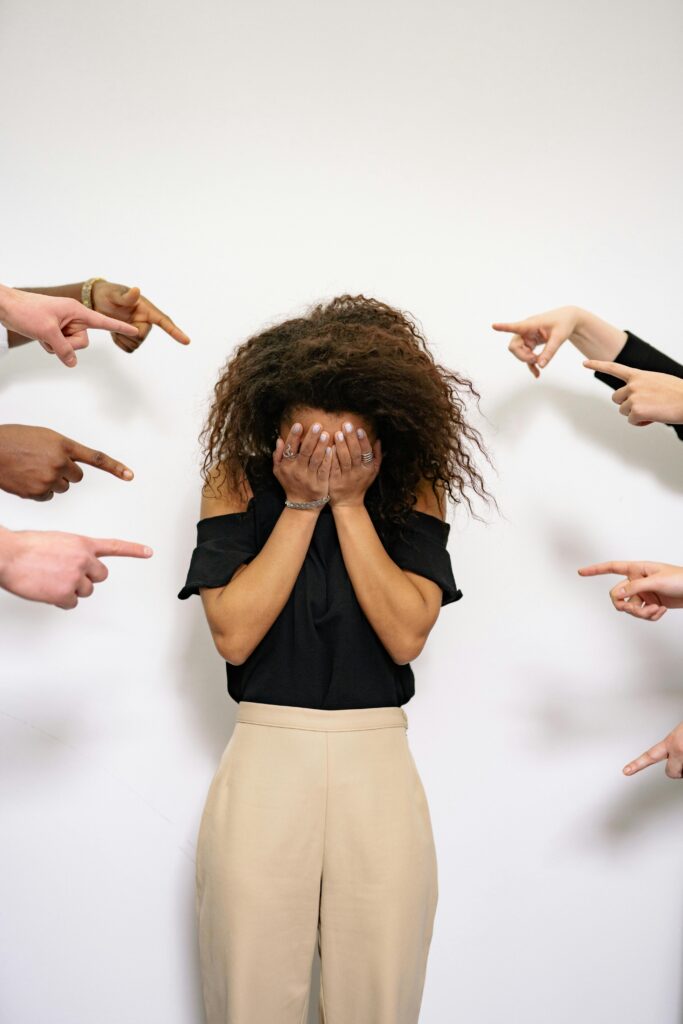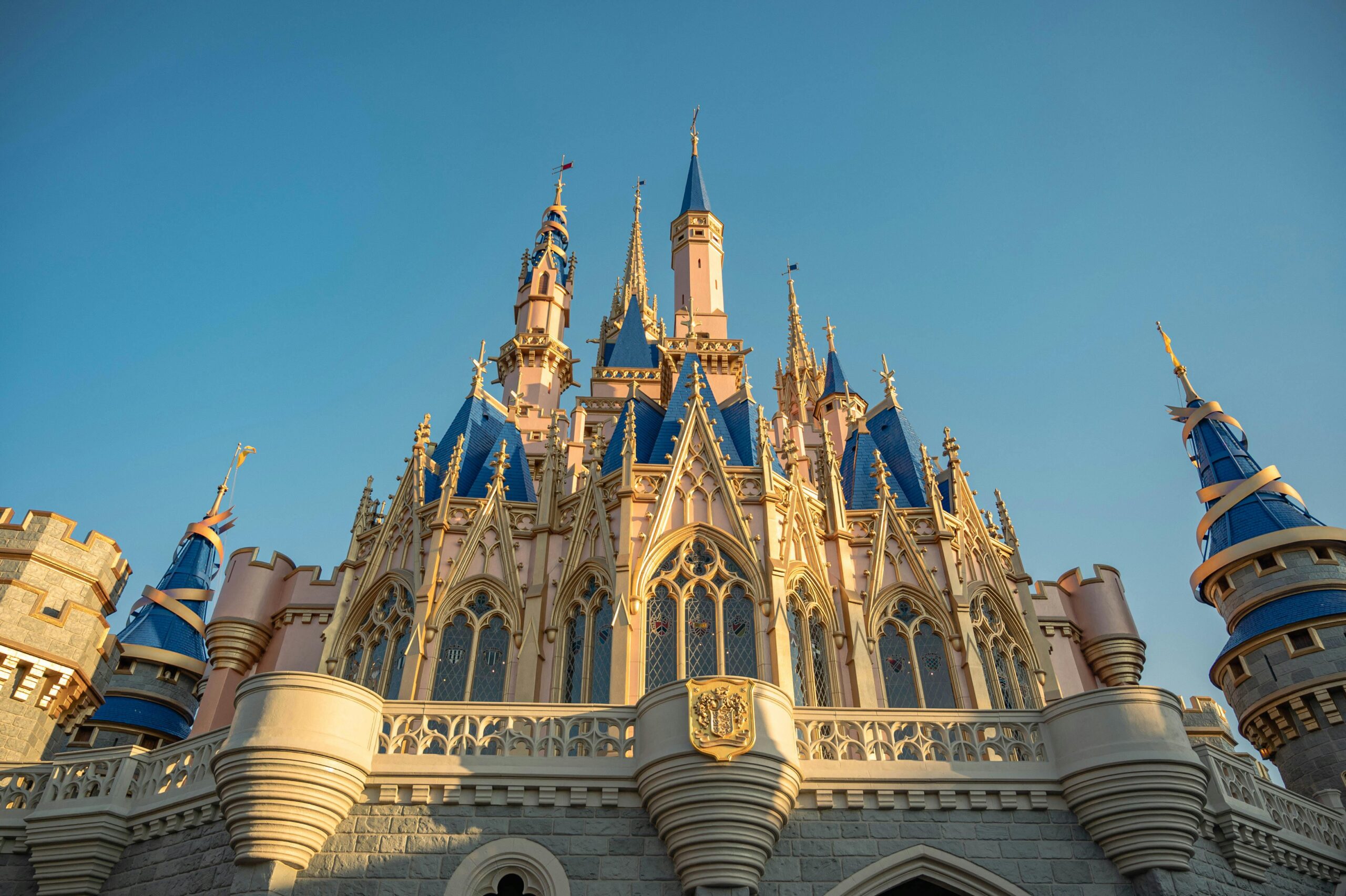The Walt Disney Company is facing a federal investigation in the United States over its Diversity, Equity, and Inclusion (DEI) practices, according to recent reports. The probe, led by the U.S. Equal Employment Opportunity Commission (EEOC), is part of a growing national debate over the legality and boundaries of corporate diversity efforts.
While Disney is not alone—several large corporations have recently been scrutinized—its visibility as a media and entertainment giant makes this case especially significant. Here’s a closer look at what’s happening, why it matters, and what it could mean for businesses and DEI efforts nationwide.

What Is the DEI Investigation About?
The investigation stems from complaints filed with the EEOC suggesting that Disney’s DEI initiatives may have resulted in employment discrimination based on race or gender. Critics argue that certain DEI policies, if applied improperly, may unintentionally disadvantage job applicants or employees who do not fall into targeted minority or underrepresented groups.
- The EEOC is tasked with enforcing federal anti-discrimination laws in the workplace.
- These laws prohibit companies from making hiring, promotion, or compensation decisions based on race, gender, religion, or national origin.
- The agency is reportedly investigating whether Disney crossed legal boundaries in its pursuit of inclusion.
What Are Disney’s DEI Policies?
Disney has made DEI a prominent part of its corporate strategy in recent years:
- The company pledged to increase representation across its workforce and leadership, especially among people of color and women.
- It launched programs aimed at supporting underrepresented talent in both on-screen content and behind-the-scenes roles.
- Disney’s storytelling has also reflected these efforts, with increased diversity in casting and content creation.
Supporters of these initiatives view them as long-overdue corrections to decades of imbalance in Hollywood and corporate America. But political backlash has intensified, particularly from conservative lawmakers and advocacy groups who claim these programs amount to “reverse discrimination.”
Legal and Political Context
This investigation comes amid a larger conservative pushback against DEI programs across the U.S.:
- Affirmative action has been struck down in college admissions by the Supreme Court, fueling scrutiny of similar diversity-based practices in the private sector.
- Attorneys general from several Republican-led states have sent letters warning corporations about potential legal violations tied to DEI.
- Nonprofits and advocacy groups, including those representing white or male employees, have filed lawsuits and complaints arguing that DEI efforts unfairly exclude them.
Some legal experts believe the current political climate could reshape the future of workplace diversity policies, making this case a possible bellwether for other companies.
How Has Disney Responded?
As of now, Disney has not publicly commented in detail on the EEOC investigation. However, the company has consistently defended its DEI efforts as aligned with its values and as necessary steps toward creating an equitable workplace.
In prior statements, Disney has emphasized that its goal is equal opportunity and inclusive storytelling, not discriminatory practices.

Potential Outcomes
If the EEOC finds that Disney’s DEI practices violated federal employment laws, the company could face:
- Fines or legal penalties
- Mandated changes to its hiring and HR processes
- Increased scrutiny from stakeholders and political figures
However, if Disney is cleared, it could set an important precedent affirming the legality of certain DEI frameworks when implemented within current civil rights law boundaries.
Frequently Asked Questions
Q: Why is Disney under investigation for DEI?
A: The EEOC is investigating whether Disney’s diversity initiatives resulted in illegal discrimination, potentially violating federal workplace laws.
Q: What is the EEOC?
A: The Equal Employment Opportunity Commission is a federal agency responsible for enforcing laws against employment discrimination.
Q: What does DEI stand for?
A: DEI stands for Diversity, Equity, and Inclusion—corporate policies and programs designed to improve representation and fair treatment of historically marginalized groups.
Q: Could this affect other companies?
A: Yes. As political pressure increases, other companies may also face investigations or lawsuits over how they implement DEI strategies.
Q: Is Disney the only company being investigated?
A: No. Several high-profile companies, including tech and financial firms, have also faced legal challenges related to DEI programs.
Q: What happens if Disney is found in violation?
A: It could be required to change its practices, pay fines, or face lawsuits. Conversely, if cleared, it might help define legal boundaries for future DEI policies.
Q: Are DEI programs illegal?
A: Not inherently. DEI programs are legal as long as they don’t violate federal anti-discrimination laws. The concern is about how they are applied in practice.

As the investigation unfolds, Disney finds itself at the center of a national reckoning over how far companies can—and should—go in promoting diversity. The outcome could influence the future of corporate DEI efforts across the country.
Sources BBC


